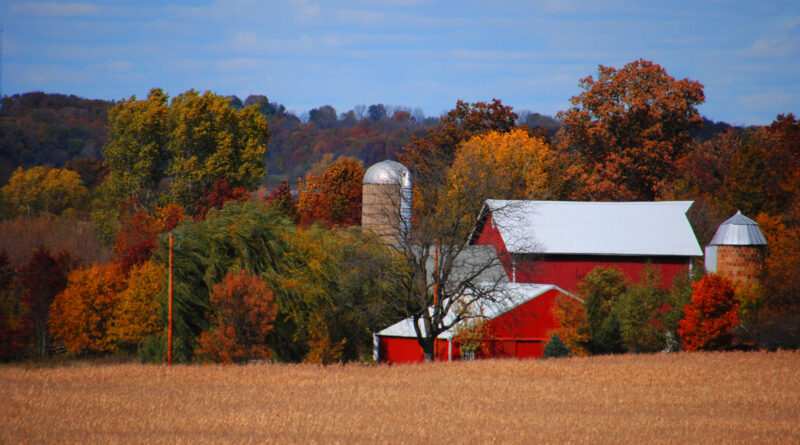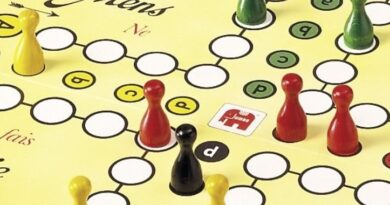In life there are some requests that you cannot refuse. This is what came to my mind when the editors of Nekst asked me whether I would like to become a columnist for this year. Being a virgin in this discipline, I feel honored and promise to do my very best.Do not expect me to entertain you with all kinds of econometric hot items. I am not an econometrician like most of the readers, so I leave this to other authors. Neither will I annoy you with good advice or moral issues. My only advice would be: ‘Do not listen to advice from middle-aged men who still think they are young’. Especially not when they are also bald, fat and limping. Instead, let me share some experiences and ideas with you.As you probably know, I combine my work as an assistant professor at the university with running a dairy farm at home. One of the reasons I decided to take over the farm, was that I did not want to spend my entire life in an air-conditioned office. I like mathematics and I like to work with students, but I also like to be outside and I like physical work. An interesting aspect about running a farm is that you cannot control everything. I know, it is a cliché, but you are highly dependent on what mother nature offers you. To give an example: you probably did not notice, but this year was an extremely bad grass year. The spring was dry and cold, the summer was dry as well and now the days are rapidly shortening already; the season is at its end. As a result, there is much less feed for the winter and in accordance with some well-known economic law, the price of feed is high. Luckily, the price of milk is also high, otherwise some of my colleagues would definitely block some roads to Brussels with their tractors and ask for extra subsidies.
At this time of the year, when the growing season is ending and autumn and winter are ahead of us, I am glad to have a position at the university as well. September is the month that a lot of new life enters our department. Some new Ph.D. students start, but above all, a new group of young, fresh and enthusiastic first year students arrive. On average, they are talented, ambitious and well-mannered. In the lecture room they already look very mature, but when grading the mid-term, one finds out that they are still vulnerable and uncertain. However, like newborn lambs in spring, they will change rapidly. Within a few months, those that survive the first weeks all become ordinary sheep and a full member of the econometric flock. They learn what vector spaces are, as well as linear transformations, bases, block matrices, upper triangular matrices and left invertible matrices. They learn how to row-reduce, how to determine LU-factorizations and how to calculate the volume of a parallelepiped. In short: they are prepared for a successful career at our department and afterwards. It feels like a privilege to play a role in this transformation and it makes me stay young, although I must admit that I never get compliments with this tendency.
My work at the university compensates the shortage of daylight in the winter and seems to shorten the period between harvest-time and spring-time when we again start to plough, manure, sow, etcetera and hope that the new season will be good. I advise all farmers to follow my example.
Text by: René Peeters




